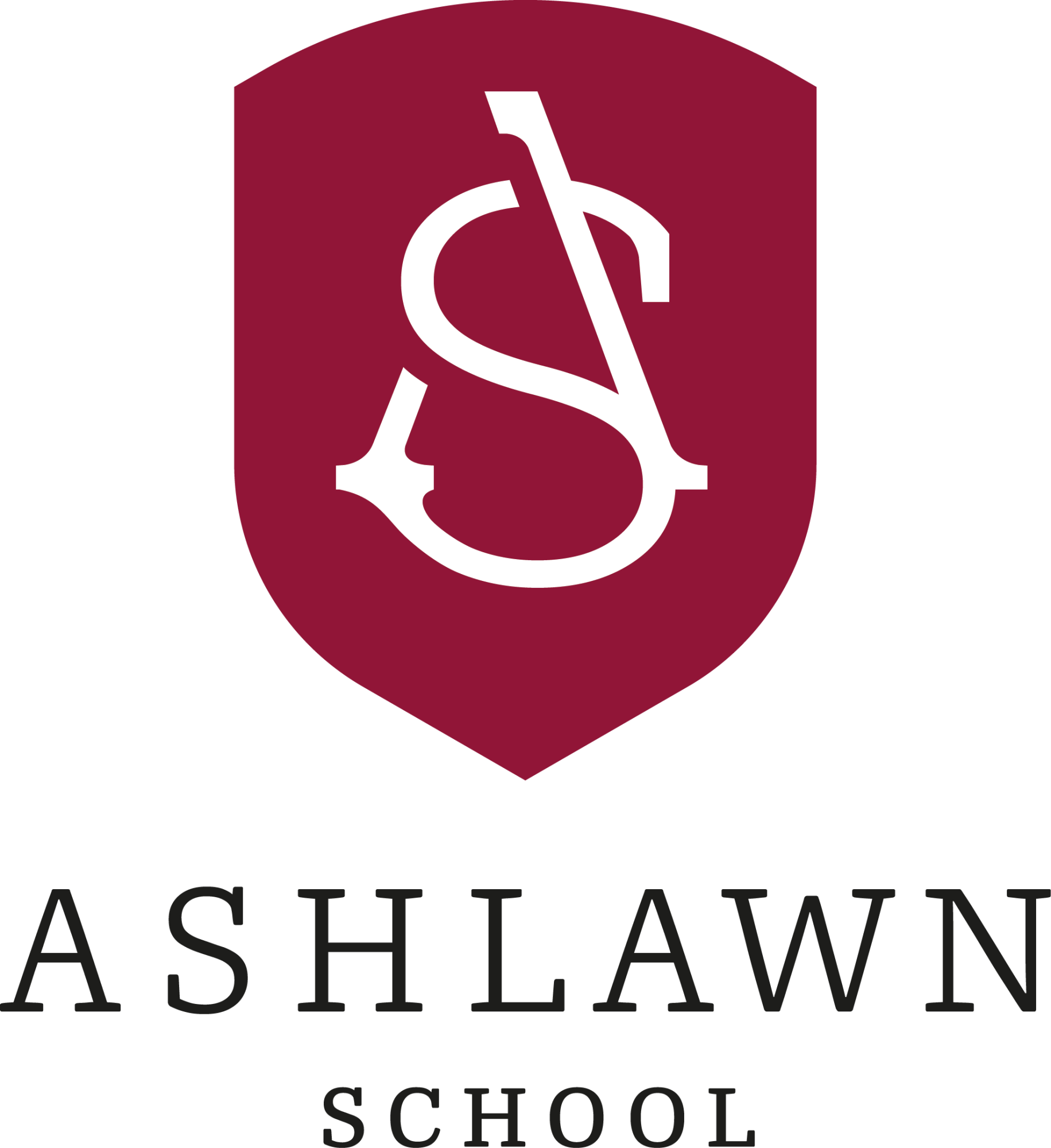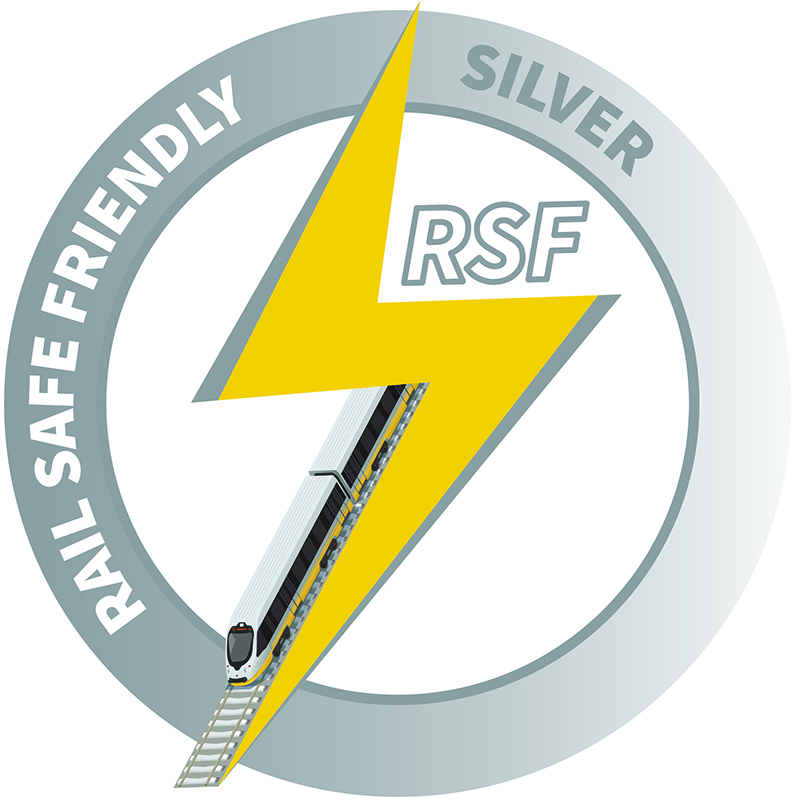Mathematics
The Mathematics Department is made up of eighteen well qualified and enthusiastic teachers who aim, not only to enable all students to maximise their progress in Mathematics but to also enjoy the subject. Many students opt to study Maths beyond GCSE due to the usefulness in supporting other subject areas and the opportunities that Maths offers in future career progressions.
The subject is generally taught in topic areas. However, it is important for students to develop their problem solving skills and develop an understanding of how different strands and topic ideas link. With this in mind, students are regularly given the opportunity to apply Mathematics to real life problems.
Introduction
Maths is compulsory for all students in years 7 to 11 and all students follow the AQA GCSE Linear Mathematics Specification. Some students also study for the AQA Level 2 Further Maths GCSE. Students who do not achieve a level 4 will have to re-sit the exam during year 12. A Level Maths is available for students who wish to study Mathematics beyond GCSE and who meet the entry requirements.
Equipment
In every Mathematics lesson, all students should have a black pen, pencil, 30cm ruler, eraser, protractor, pair of compasses and a small pencil and a scientific calculator. All equipment can be purchased from the school shop in the library.
GCSE Maths
Students in Years 7 to 11 follow a 5 year GCSE Mathematics curriculum and are prepared for the AQA Linear 9 – 1 GCSE Mathematics. They are taught in sets and all students experience a wide range of teaching and learning experiences within their lessons.
Tiers of Entry
GCSE Mathematics has two tiers of entry. The Higher tier will examine topics at levels 4 – 9 and the Foundation Tier at levels 1 – 5. Whilst we aim for as many students as possible to sit the Higher Tier exams, the final decision will be made after the mock exams in year 11. There will be three written papers, the first of which is a non-calculator paper. All papers can examine any topic and are equally weighted.
Beyond GCSE
In Years 10 and 11, students in sets 1 and 2 also study for the Level 2 Further Mathematics. This is an additional GCSE Mathematics qualification which extends students’ knowledge and skills beyond the linear GCSE and touches on some of the A Level Mathematics content.
Re-Sit GCSE
This course is for any students who are continuing to study in Year 12 but who did not achieve a Grade C in their GCSE Mathematics exam at the end of Year 11. Throughout the year, students will be revising the topics already studied for the GCSE Mathematics exam and learning any new content for the new GCSE exam. The vast majority of students will study the Foundation Tier. Students who have already achieved a Grade D or Level 3, will be able to re-sit the exam in November. Any other students will re-sit the exam next June.
A Level Mathematics
Students who wish to study Mathematics beyond GCSE can apply to study A Level Mathematics. Students will study Core Mathematics, Statistics and Mechanics. To study at this level, students must achieve at least a grade 6 in their GCSE Mathematics.
A Level Further Mathematics
Students study both A Level Mathematics and then go on to study A Level Further Mathematics. After studying the A-Level material students go on to study more Pure Mathematics as well as further Mechanics and Statistics. To study Further Mathematics, students must achieve at least a Level 7 at GCSE Mathematics.
Beyond Further Mathematics
Exceptional students are encouraged to apply to Oxbridge Universities and subsequently study for either the Oxford Mathematics Admissions test or STEP exams. Students also have the option to take an Advanced Extension Award in maths or study for further A-Level modules.



